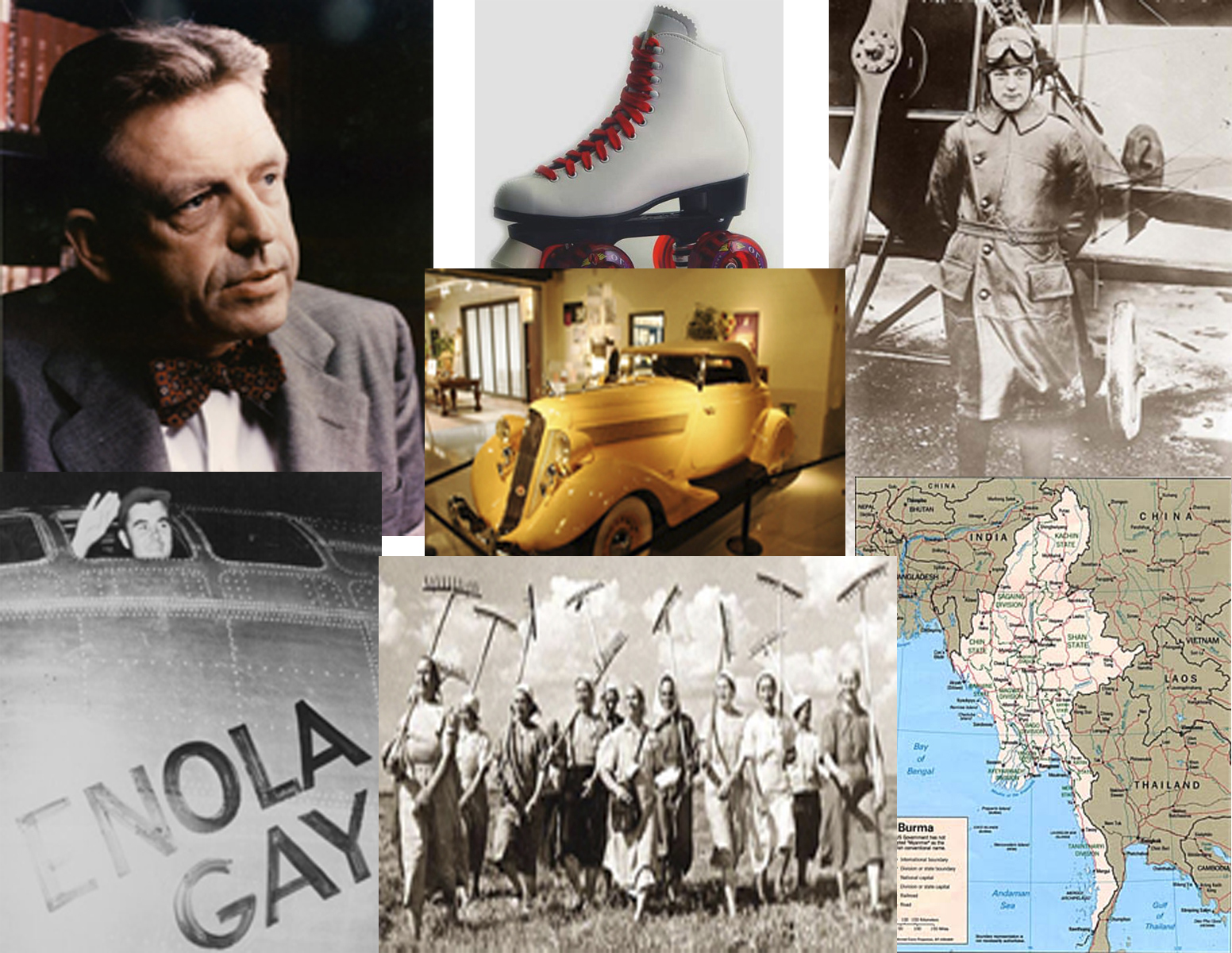Walker, James, June 11, 2014
- Component Identifier:
- 14-006
- Creator:
- Clark, Sara
- Scope Note:
-
James Walker is a Professor of Economics at Indiana University. Walker first worked with Elinor Ostrom on a National Science Foundation proposal with Roy Gardner which is discussed in detail. After years of collaboration with the Ostroms, Walker became closer to them which led to him going with Elinor Ostrom to the Nobel Prize ceremony and he became executor of their estate. Walker also discusses the history of the Ostrom Workshop and the way it evolved over the years.
- Language:
- English .
- Physical description:
- 26 pages; 1 .wav file, 88 minutes; index
Access and use
- Restrictions:
-
Open
- Terms of access:
-
The archive of the Center for Documentary Research and Practice at Indiana University is open to the use of researchers. Copies of transcript pages are available only when such copies are permitted by the deed of gift. Scholars must honor any restrictions the interviewee placed on the use of the interview. Since some of our earlier (pre-computer) transcripts do not exist in final form, any editing marks in a transcript (deletions, additions, corrections) are to be quoted as marked. Audio files may not be copied for patrons unless the deed of gift permits it, and a transcript is unavailable for that interview. The same rules of use that apply to a transcript apply to the audio interview. Interviews may not be reproduced in full for any public use, but excerpted quotes may be used as long as researchers fully cite the data in their research, including accession number, interview date, interviewee's and interviewer's name, and page(s).
- Parent restrictions:
- Access varies by interview.
- Parent terms of access:
- The archive of the Center for Documentary Research and Practice at Indiana University is open to the use of researchers. Copies of transcript pages are available only when such copies are permitted by the deed of gift. Scholars must honor any restrictions the interviewee placed on the use of the interview. Since some of our earlier (pre-computer) transcripts do not exist in final form, any editing marks in a transcript (deletions, additions, corrections) are to be quoted as marked. Audio files may not be copied for patrons unless the deed of gift permits it, and a transcript is unavailable for that interview. The same rules of use that apply to a transcript apply to the audio interview. Interviews may not be reproduced in full for any public use, but excerpted quotes may be used as long as researchers fully cite the data in their research, including accession number, interview date, interviewee's and interviewer's name, and page(s).
- Preferred Citation:
-
[interviewee first name last name] interview, by [interviewer first name last name], [interview date(s)], [call number], [project name], Center for Documentary Research and Practice, Indiana University, Bloomington, [page number(s) or tape number and side if no transcript; if digital audio and no transcript, cite time when quote occurs].
- Location of this collection:
-
Franklin Hall 0030B601 East Kirkwood AvenueBloomington, Indiana 47405, United StatesVisit Center for Documentary Research and Practice
- Contact:
- 812-855-2856
